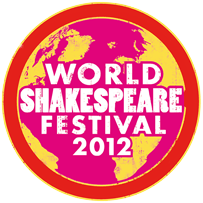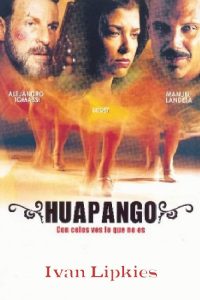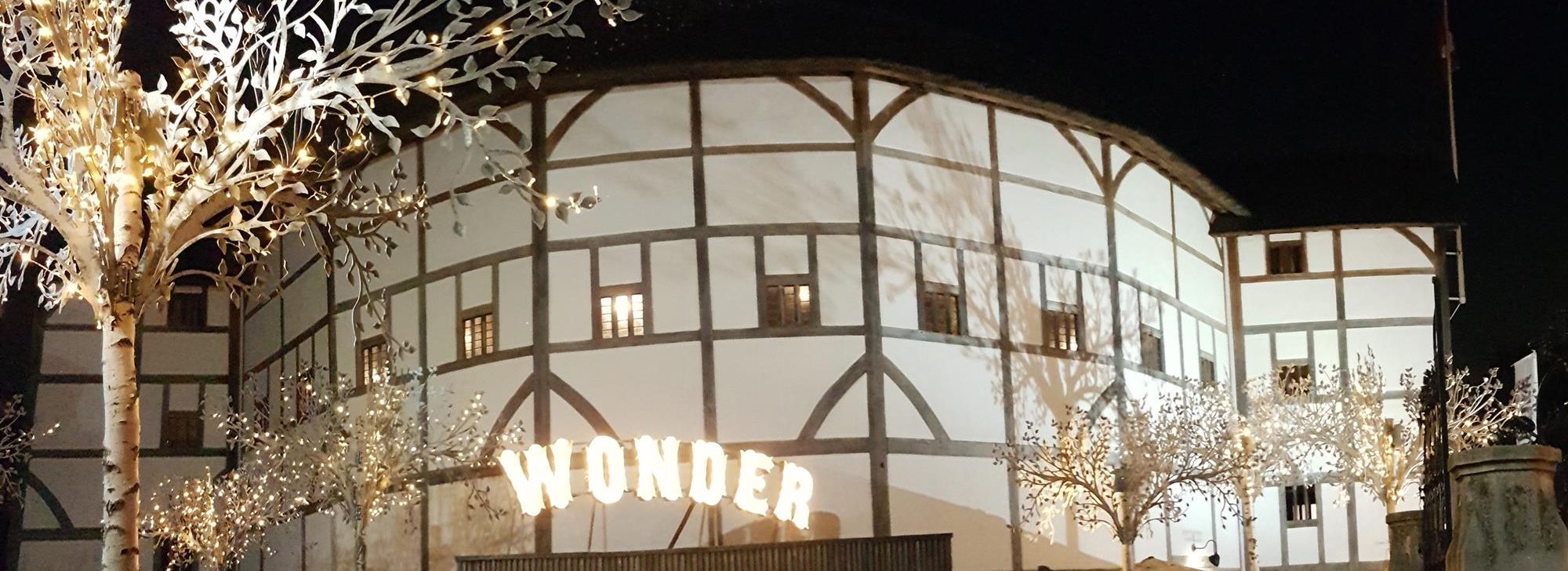"Voodoo" Macbeth? Heir apparent of the Denmark Corporation in Manhattan (Hamlet 2000)? A pair of star-crossed lovers from feuding families who own competing food stalls in Singapore (Chicken Rice War). In the centuries since William Shakespeare's death, numerous stage and, more recently, film and television adaptations of his work have emerged to inspire, comfort, and provoke audiences in far-flung corners of the globe. As early as 1619, for example, Hamlet was performed in colonial Indonesia to entertain European expatriates. In 1845, U.S. Army officers staged Othello in Corpus Christi, Texas, as a distraction from the run-up to the Mexican-American War. Supported by the National Endowment for the Arts, the Alabama Shakespeare Festival toured its production of Macbeth to several key U.S. military bases in 2004. ...continue reading "“To unpath’d waters, undream’d shores”: Shakespeare in the World"
Tag: global Shakespeare
The Power of Arts: Censorship and Free Speech
Do artists have moral responsibilities to speak truth to power? Should art comment on or steer clear of politics? How might politics affect artistic creativity? Where do we draw the line?
 ...continue reading "The Power of Arts: Censorship and Free Speech"
...continue reading "The Power of Arts: Censorship and Free Speech"
Global Shakespeare Criticism beyond the Nation-State
 On a sunny afternoon in early June, 2015, in a rehearsal room at the University of Warwick, director Tim Supple was rehearsing a globally envisioned King Lear with a group of talented actors from Ukraine, France, Nigeria, South Korea, India, and other parts of the world. When the actress Hong Hye Yeon playing Kent lamented in an aside in act 1 scene 4 that ‘[i]f but as well I other accents borrow, / That can my speech defuse’ in Korean (commenting on her and Kent’s disguise as part of the character’s effort to serve and assist Lear), the Ukrainian Lear (Oksana) responded powerfully in Russian. The cross-cultural dialogue was rich and beautifully embodied by the actors, their choice of modern editions or translations of the play, and their individual acting styles. The entire multinational cast was cooking up something delicious and original.
On a sunny afternoon in early June, 2015, in a rehearsal room at the University of Warwick, director Tim Supple was rehearsing a globally envisioned King Lear with a group of talented actors from Ukraine, France, Nigeria, South Korea, India, and other parts of the world. When the actress Hong Hye Yeon playing Kent lamented in an aside in act 1 scene 4 that ‘[i]f but as well I other accents borrow, / That can my speech defuse’ in Korean (commenting on her and Kent’s disguise as part of the character’s effort to serve and assist Lear), the Ukrainian Lear (Oksana) responded powerfully in Russian. The cross-cultural dialogue was rich and beautifully embodied by the actors, their choice of modern editions or translations of the play, and their individual acting styles. The entire multinational cast was cooking up something delicious and original.
During the brainstorming session that followed, Supple asked: ‘What came before language?’ The question was designed to draw attention to multilingual spaces on and off stage and the implications of acting and doing Shakespeare in such a space. He asked the group to take note of what we might find ‘when we move away from [verbal] language’ and of the ‘seeds of what we might find’. The answers the group came up with were diverse and rich: emotions; physicality; body language; that which incarnates the words; what lies under the words; and, last but not least, clarity of intent. In other words, there is a rich non-verbal language that come before and alongside utterance, which is particularly true in the case of non-English-language or multilingual performances of Shakespeare. ...continue reading "Global Shakespeare Criticism beyond the Nation-State"
Alternate History, Haider, and Hamlet
“My angel!” A woman’s voice is heard outside a hut in the snow in Kashmir in 1995, a landscape devoid of colors other than mostly black, white, and deep blue. Ghazala’s son, Haider, a lone fighter, is hiding inside the severely damaged hut. Having sustained gun-shot wounds, he is surrounded by the soldiers led by his uncle Khurram who plans to kill him with a shoulder-launch rocket, but Ghazala, caught in between her lover and her son who is intent on avenging his father’s death, convinces Khurram to give her one last chance to persuade Haider to give up his revenge plan and surrender. Soft spoken, Ghazala may not appear to be a particularly strong woman at first glance, but she is taking on the active role of a liaison, negotiator, and now a game changer.
Boomerang Shakespeare: Foreign Shakespeare in Britain

Shakespeare has become a boomerang business in the twenty-first century—a phenomenon that is fueled simultaneously by globalized local economic and cultural developments. His plays have been traveling the world since his lifetime and now returned to Britain with many different hats, making the familiar strange and bringing home the exotic. U.K. tours have come to define some of the most memorable productions today, and international collaborations have inspired artists in Britain and elsewhere. Boomerang Shakespeare encompasses a range of events, including non-Anglophone productions, co-productions by British and foreign artists, local events celebrating Shakespeare’s global afterlife, and British productions that incorporate elements from more than one culture in its cast, style, or set.
================================
"Boomerang Shakespeare: Foreign Shakespeare in Britain." The Cambridge Guide to the Worlds of Shakespeare Vol. 2: The World's Shakespeare, 1660-Present, ed. Bruce Smith (Cambridge: Cambridge University Press, 2016), pp. 1094-1101. Open-access full text available
================================
How to cite this article:
Alexa Alice Joubin, "Boomerang Shakespeare: Foreign Shakespeare in Britain," Shakespeare on the Move, https://blogs.gwu.edu/ajoubin
Global Chaucer and Shakespeare in a Digital World
Chaucer and Shakespeare, the global literary icons, play a major role in the digital world. This cross-disciplinary symposium puts the legacies of Chaucer and Shakespeare in conversation with each other. Speakers will explore the intersections and connections between the afterlives of Chaucer and Shakespeare in world cultures.
...continue reading "Global Chaucer and Shakespeare in a Digital World"
Shakespeare gone global

Voodoo Macbeth? Heir apparent of the Denmark Corporation in Manhattan? A pair of star-crossed lovers from feuding families selling chicken rice in Singapore? In the past century, stage, film, and television adaptations of Shakespeare have emerged in the UK, US, Canada, and the performance cultures of Europe, the Middle East, Asia and Asia/Pacific, Africa, Latin America, Russia, Australia, New Zealand, and far-flung corners of the globe. Shakespeare’s plays often feature locations outside England, Scotland, and Wales, and characters from various parts of the world. In fact, the history of global performance dates back to Shakespeare's lifetime.
================================
How to cite this article:
Alexa Alice Joubin, "Shakespeare gone global," Shakespeare on the Move, https://blogs.gwu.edu/ajoubin


